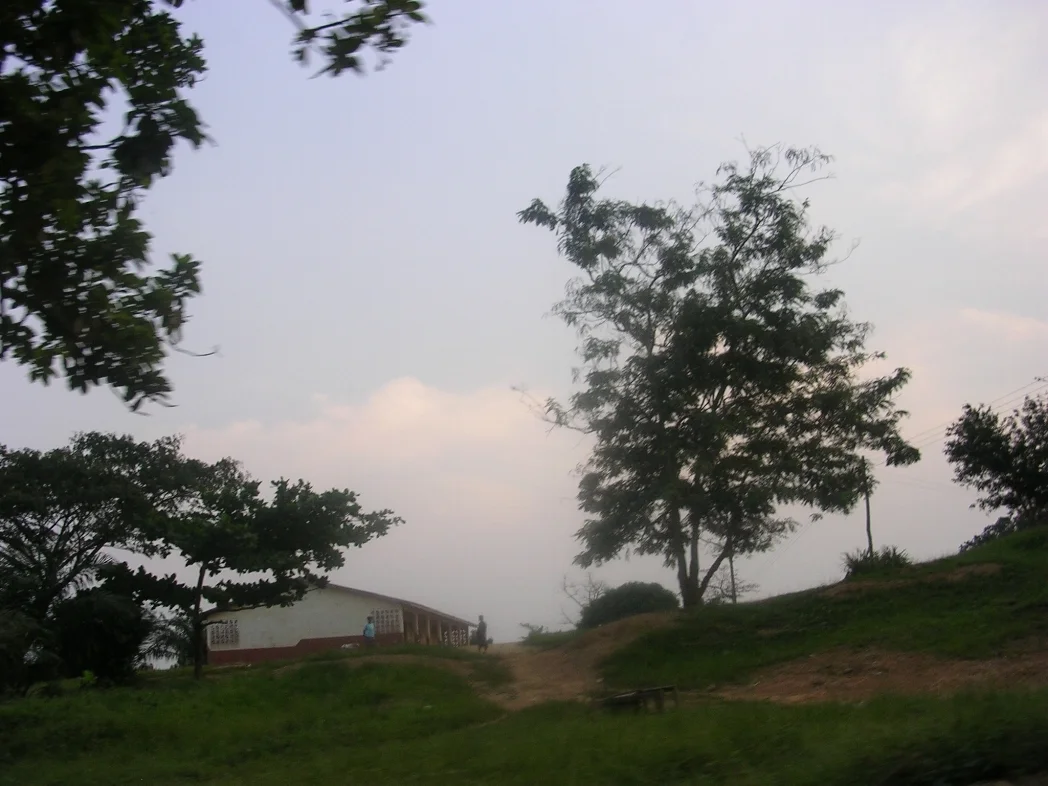PRIME counsels on policy and legal enforcement in child labor monitoring systems. It brings wide experience with child labor prevention projects, partnerships with International Organizations, private industry and agricultural supply chains. including cocoa in West Africa, tea in Rwanda, rubber in Liberia, tobacco in Brazil, Malawi, and Zambia, and cotton in India. Leaders in addressing youth entrepreneurship through on-and off-farm “match and go” programs.
Design for a Multi-Stakeholder Collaboration to address Missing Links in Eliminating and Safeguarding Against Harmful Child Labor Globally
The world is recognizing that as long as there is harmful child labor in supply chains, domestic help, and services, underdeveloped economies and poverty will persist and children will not progress into their productive potential and place in society.
We address the gaps that still exist that are obvious yet remain overlooked. Child labor has been significantly reduced since 2002 when it was at 218 million, then in 2008, 168 million, and in 2017 154 million (International Labor Organization, World Reports)
Over 70% takes place in agriculture and most of that work takes place in the hard to reach informal sector. Why? Child labor on major plantations and farms, in factories, and processing plants have largely been addressed, government laws and business corporate responsibility include codes of conduct, good business practices, human rights and good agricultural practices plus community participation and education that have resulted in some child labor reduction. The challenge remains that these laws, codes, certifications, and education take place in the formal sector so are not reaching the less regulated poorer areas where most hazardous forms of work and child labor are found.

